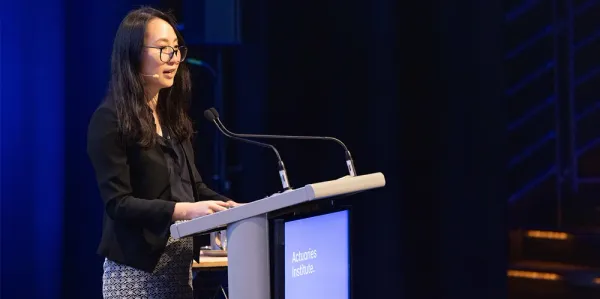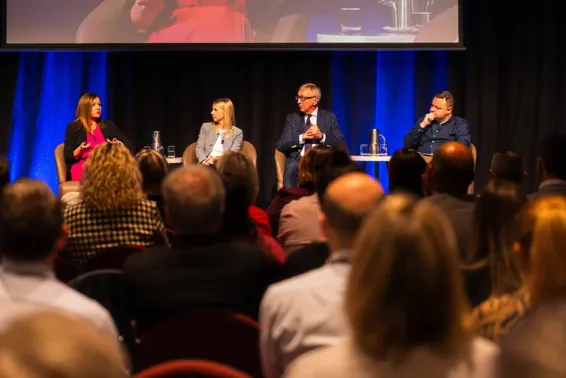Past event content
Explore recordings, presentation slides and related resources for our past events. View all past event content via the link below. You can search, filter by event name in 'tags' or by event type, or adjust by year.

Latest past event content
Browse the most recently published audio, video and presentation slides for all events.
New release: All Actuaries Summit 2025
The Actuaries Institute hosted the All Actuaries Summit from 11-13 June 2025 In Sydney. Browse slides, audio and video recordings from the event.
2025 Insights event recordings and slides
Our Insights and member-only events provide actuaries with cutting-edge knowledge and future-focused updates. View all Insights content via the link below.
2024 Major event recordings and slides
Browse content from leading conferences that empower actuaries with best practice, market knowledge, updates on local and global trends. View all content via the link below and filter by event name in 'tags'.

Past event videos
Missing some videos? Explore some select past event video content from 2014 to 2025 by year.
Join us at an upcoming event
From industry events, to major conferences and member networking sessions, we connect you with other actuaries, industry professionals and world-class speakers for the latest knowledge and debates. Dive into the big issues today.

